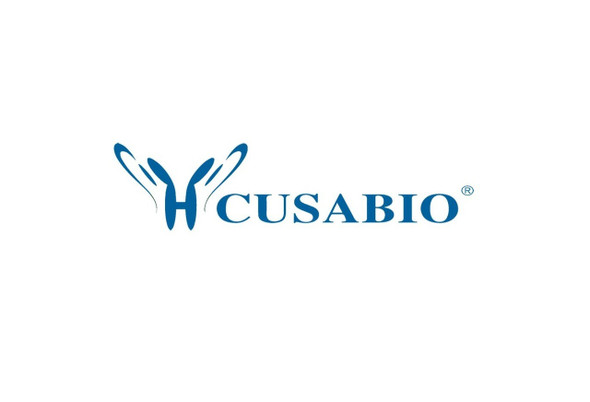Cusabio Polyclonal Antibodies
PXN Antibody | CSB-PA019112OA01HU
- SKU:
- CSB-PA019112OA01HU
- Availability:
- 3 to 7 Working Days
Description
PXN Antibody | CSB-PA019112OA01HU | Cusabio
PXN Antibody is Available at Gentaur Genprice with the fastest delivery.
Online Order Payment is possible or send quotation to info@gentaur.com.
Product Type: Polyclonal Antibody
Target Names: PXN
Aliases: Paxillin, PXN
Background: Cytoskeletal protein involved in actin-membrane attachment at sites of cell adhesion to the extracellular matrix (focal adhesion) .
Isotype: IgG
Conjugate: Non-conjugated
Clonality: Polyclonal
Uniport ID: P49023
Host Species: Rabbit
Species Reactivity: Human
Immunogen: Peptide sequence from Human Paxillin protein (28-45AA)
Immunogen Species: Homo sapiens (Human)
Applications: ELISA, WB, IHC
Tested Applications: ELISA, WB, IHC; Recommended dilution: WB:1:1000-1:5000, IHC:1:200-1:500
Purification Method: >95%, Protein G purified
Dilution Ratio1: ELISA:1:2000-1:10000
Dilution Ratio2: WB:1:1000-1:5000
Dilution Ratio3: IHC:1:200-1:500
Dilution Ratio4:
Dilution Ratio5:
Dilution Ratio6:
Buffer: Preservative: 0.03% Proclin 300
Constituents: 50% Glycerol, 0.01M PBS, pH 7.4
Form: Liquid
Storage: Upon receipt, store at -20°C or -80°C. Avoid repeated freeze.
Initial Research Areas: Signal Transduction
Research Areas: Cancer;Signal transduction











